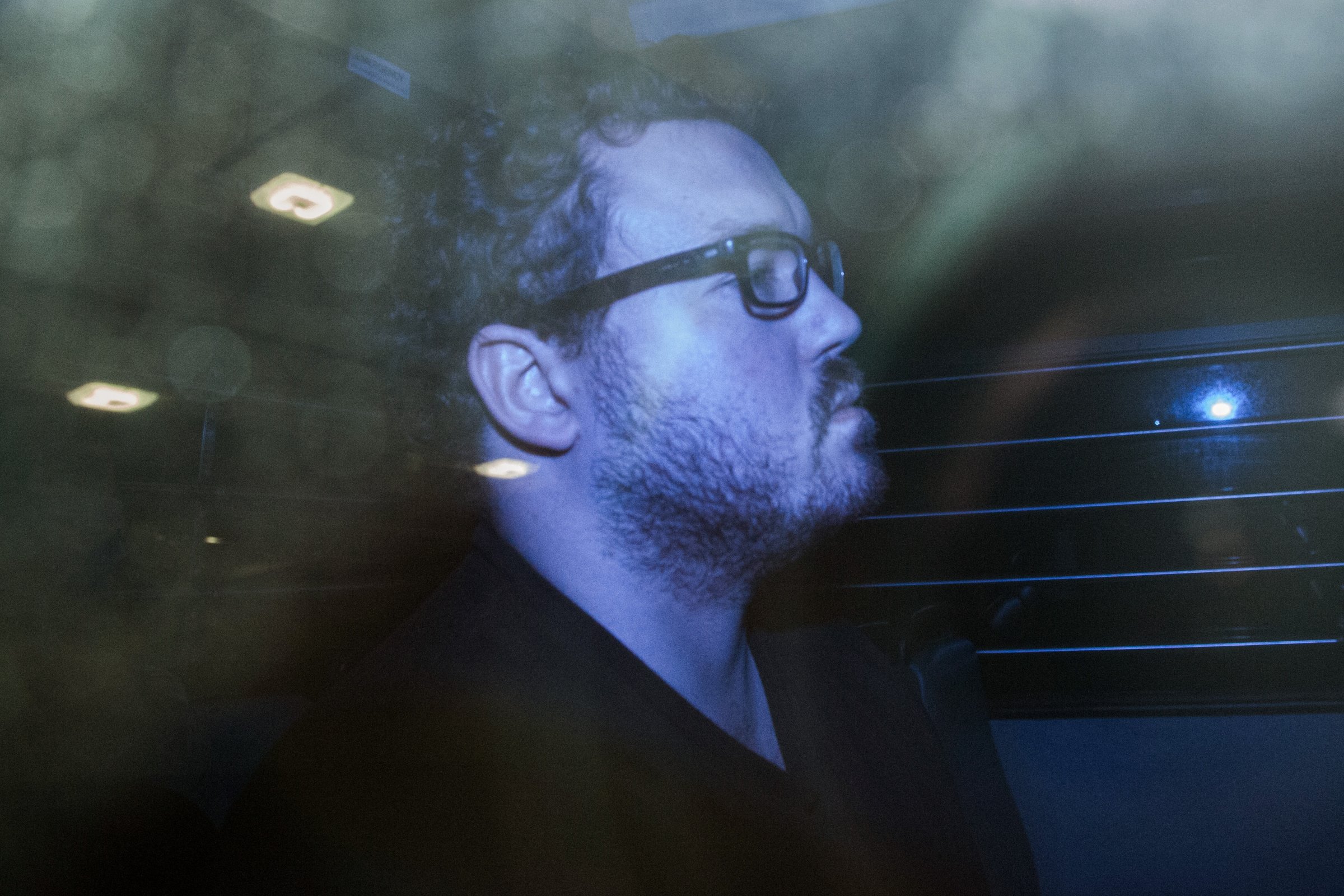
Lawyers representing Rurik Jutting, the 31-year-old British banker accused of murdering two women in Hong Kong in 2014, began on Monday to make the case that he was impaired and influenced by a series of mental disorders at the time of the killings.
Jutting’s trial, which comes just under two years after the bodies of 23-year-old Sumarti Ningsih and 26-year-old Seneng Mujiasih were found in Jutting’s luxury apartment here, began last week. He faces two charges of murder and one of unlawful disposal of a body; he has pleaded not guilty to murder but guilty to manslaughter, citing “diminished responsibility.”
The defense concedes that Jutting did kill Sumarti and Seneng, two Indonesian migrant workers whom Jutting coerced to his apartment with large sums of money. But it also argues that his inability to control his behavior resulted from a litany of diagnosed pathologies: narcissistic personality disorder, cocaine-and-alcohol-abuse disorder and sexual-sadism disorder.
On Monday, four days after the prosecution rested its case, Jutting’s defense attorneys brought forward a forensic psychiatrist from the U.K. as an expert witness to paint a portrait of a man gripped by narcissism, aggression and emotional anguish. All of these traits, it was argued, were warped by the influence of the large sums of cocaine and alcohol Jutting was consuming in the months before the murders.
As Jutting sat affectless in the dock, pensive and many pounds lighter than he was when he was arrested two years ago, the psychiatrist, Dr. Richard Latham, described moments in the defendant’s past previously undisclosed to the public: he had been forced to perform oral sex on a classmate while in school in the U.K.; at 16, he had been the one to discover his father after the father had attempted to kill himself by slitting his wrists.
Citing reports from Jutting’s past psychiatric treatment, Latham, who earlier this year interviewed Jutting over the course of five and a half hours in a Hong Kong prison, referred to the defendant’s “powerful suppression of his pain.” Latham also said that Jutting’s ostensible egotism and flamboyance — a taste for decadent nightlife and a habit of boasting about his lucrative position at Bank of America Merrill Lynch — was a defense mechanism that proved increasingly flimsy over time.
“Him being boastful and showing off and having a high opinion of himself is this thin shell,” Latham told the court. “When it’s broken, underneath it there’s this distress. You don’t see it very often but it’s there.” He emphasized that those with narcissistic personality disorder are incommensurately vulnerable to blows to the ego.
In the months preceding the grisly murders, Jutting suffered what Latham described as a “breakdown.” He drank and used cocaine copiously and binged on excessive amounts of takeout food. He lost interest in work, amassed significant debts, and contemplated killing himself by jumping from the balcony of his apartment on the 31st floor of a luxury building in Hong Kong’s Wan Chai district.
“Nothing seemed interesting,” Latham explained, citing his prior interview with Jutting. “He was nihilistic — he didn’t see the point to anything.”
Latham argued that Jutting’s ability to control his behavior was “substantially impaired” in late October 2014, when he kidnapped, tortured, and murdered Sumarti and Seneng. He also noted that the most influential factors altering Jutting’s behavior at the time of the killings were drugs and alcohol. Judge Michael Stuart-Moore, who is presiding over the case, interjected to question the notion that “voluntary intoxication” could excuse Jutting’s actions.
“Are you saying he could not resist taking alcohol?” Stuart-Moore asked.
“I’m saying that the drive to consume alcohol and drugs was very strong, and very biological,” Latham responded. “I’m sure it was the case with Jutting.”
He further explained: “The narcissistic personality disorder reduces his ability to control himself because it affects his sense of entitlement … that interacts with the intoxication of alcohol and cocaine.”
The doctor conceded, however, that the issue of “mental responsibility” — the grounds on which the defense hopes to lessen Jutting’s sentence — was “an issue for the jury [to decide].”
The trial is expected to hear closing speeches by Friday.
More Must-Reads From TIME
- The 100 Most Influential People of 2024
- Coco Gauff Is Playing for Herself Now
- Scenes From Pro-Palestinian Encampments Across U.S. Universities
- 6 Compliments That Land Every Time
- If You're Dating Right Now , You're Brave: Column
- The AI That Could Heal a Divided Internet
- Fallout Is a Brilliant Model for the Future of Video Game Adaptations
- Want Weekly Recs on What to Watch, Read, and More? Sign Up for Worth Your Time
Contact us at letters@time.com